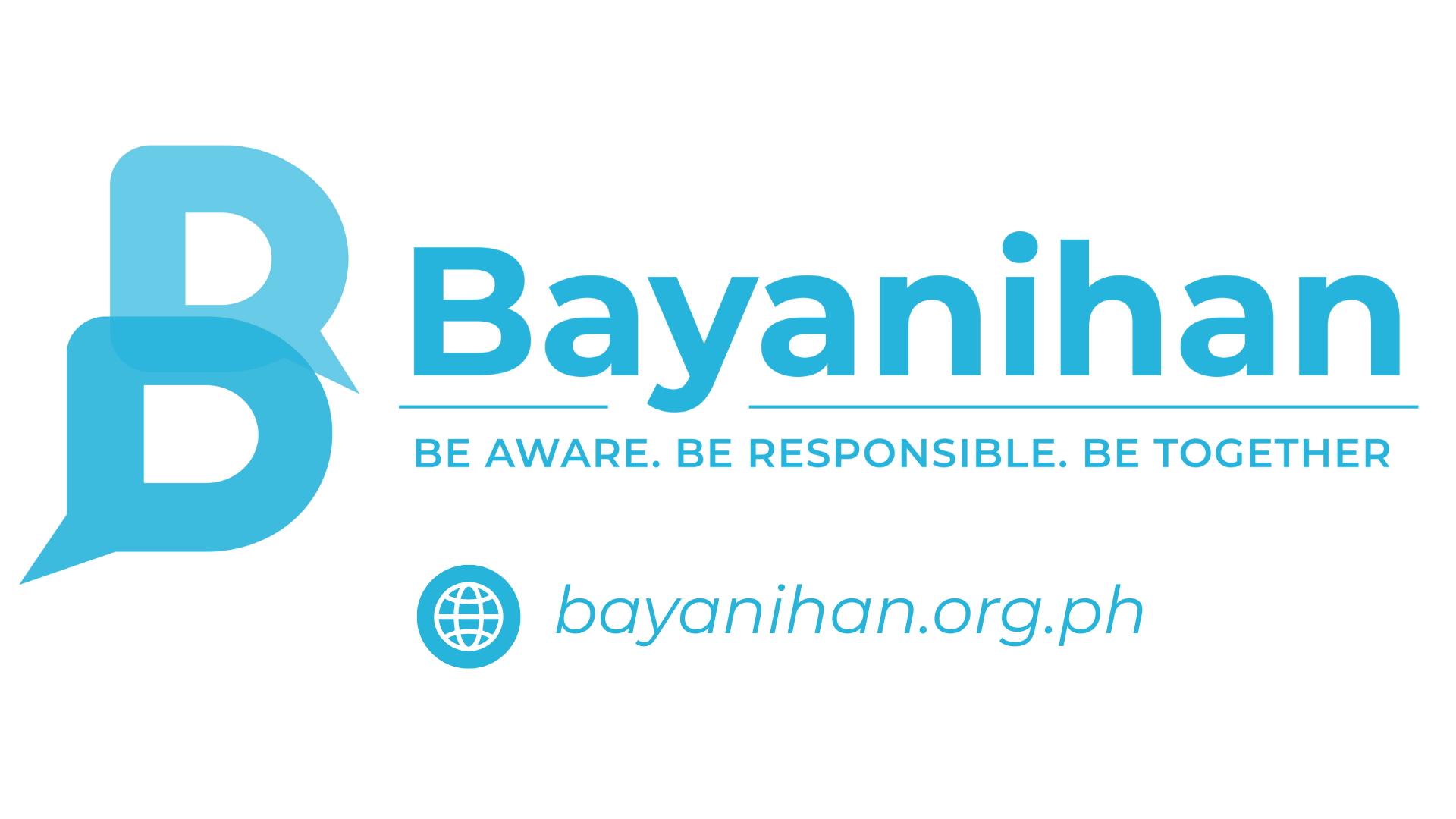Consumer advocacy groups are pressing the World Health Organization (WHO) to adopt harm reduction in its tobacco control agenda and heed the voices of over a billion consumers in the lead-up to a global conference in Geneva, Switzerland.
The 11th session of the WHO Framework Convention on Tobacco Control (FCTC) Conference of the Parties (COP11) is scheduled for November 17-22, 2025, with new tobacco control strategies on the agenda.
Groups including Vaper Ako, Consumer Choice Philippines (CCP), and the Nicotine Consumers Union of the Philippines (NCUP) contend that smokers, as primary stakeholders, should be meaningfully included in policy discussions.
Vapers and consumer groups presented a petition to Malacañang on November 13, 2025, backed by more than 47,000 signatures, calling for the protection of consumer rights in relation to less harmful smoking alternatives.
The petition was submitted prior to COP11, the agenda of which includes deliberations on stringent tobacco control measures.
Vaper Ako expressed backing for THR, citing the role of smoke-free products like e-cigarettes and heated tobacco products in helping Filipinos transition away from combustible cigarettes.
“We envision a smoke-free Philippines where every Filipino has better choices — not left dependent on harmful cigarettes or without options — and we kindly seek your leadership to make this vision a reality through policies grounded in truth, science and compassion,” the groups said.
The groups also reiterated the significance of defending the Vape Law (Republic Act No. 11900), which reflects the country’s support for tobacco harm reduction.
Meanwhile in a statement, the CCP challenged the WHO FCTC to “acknowledge our rights and choices to choose products that will reduce harm from smoking.”
The organization promotes THR to ensure smokers have access to safer alternatives like vapes and nicotine pouches. Scientific studies affirm that these products are less harmful than cigarettes, where toxic smoke drives most health risks.
“The evidence is clear: combustion kills, not nicotine. Safer alternatives exist and are effective. This is the time to stand with science and evidence,” the CCP and NCUP said in a joint statement.
NCUP president Anton Israel urged the WHO to adopt a more inclusive approach, stressing that nicotine consumers are stakeholders—not adversaries—and called for evidence-based education at the grassroots level to inform smokers that less harmful alternatives are available.
He explained that while nicotine is habit-forming, it is not the source of cancer; rather, the combustion of tobacco produces harmful smoke linked to heart and lung disease.
The NCUP also appealed to the WHO to reconsider its tobacco control policy, stressing that millions of smokers remain underserved by current strategies.
Israel attributed the rise in adult smoking in the country—from 18.5% in 2021 to 23.2% in 2023—to rigid WHO-supported regulations, which he said have intensified the problem and opened the door to smuggling amid high excise taxes.
The consumer groups also pushed for bold reforms—lower taxes on harm-reducing products, stronger anti-illicit trade enforcement, and clear support for smokers seeking safer alternatives.
The NCUP emphasized that the WHO should uphold the principle of regulatory autonomy, allowing member states to implement evidence-based harm reduction laws such as the Philippine Vape Law.
According to Israel, the Vape Law sets out a detailed framework for regulating vaporized products while ensuring robust consumer protection.
“We need to preserve the Vape Law amid attempts by the WHO and other agencies to undercut harm reduction in the Philippines,” said Israel.
Public Health England found vaping to be 95% less harmful than smoking. In the Philippines, a study by Professor Christopher Cabuay suggests that widespread adoption of non-combustible alternatives could yield ₱3.4 billion in annual healthcare savings—roughly 0.87% of the country’s GDP.
The study, titled “Assessing the Impact of Shifting to Non-Combusted Alternatives to Reduce the Economic Cost of Tobacco-Related Illnesses: A Cost of Illness Approach in the Philippine Case,” was published in August 2025 in the DLSU Business & Economics Review.
This year’s COP will gather delegates from 183 countries that are parties to the WHO FCTC, in effect since 2005.
According to the CCP, the WHO must ensure its policies are grounded in scientific evidence and respectful of consumer freedoms. “Consumers deserve dignity, not discrimination. The WHO should listen to the voices of nicotine consumers and end policies that treat them as villains rather than individuals seeking safer options,” Israel said.





